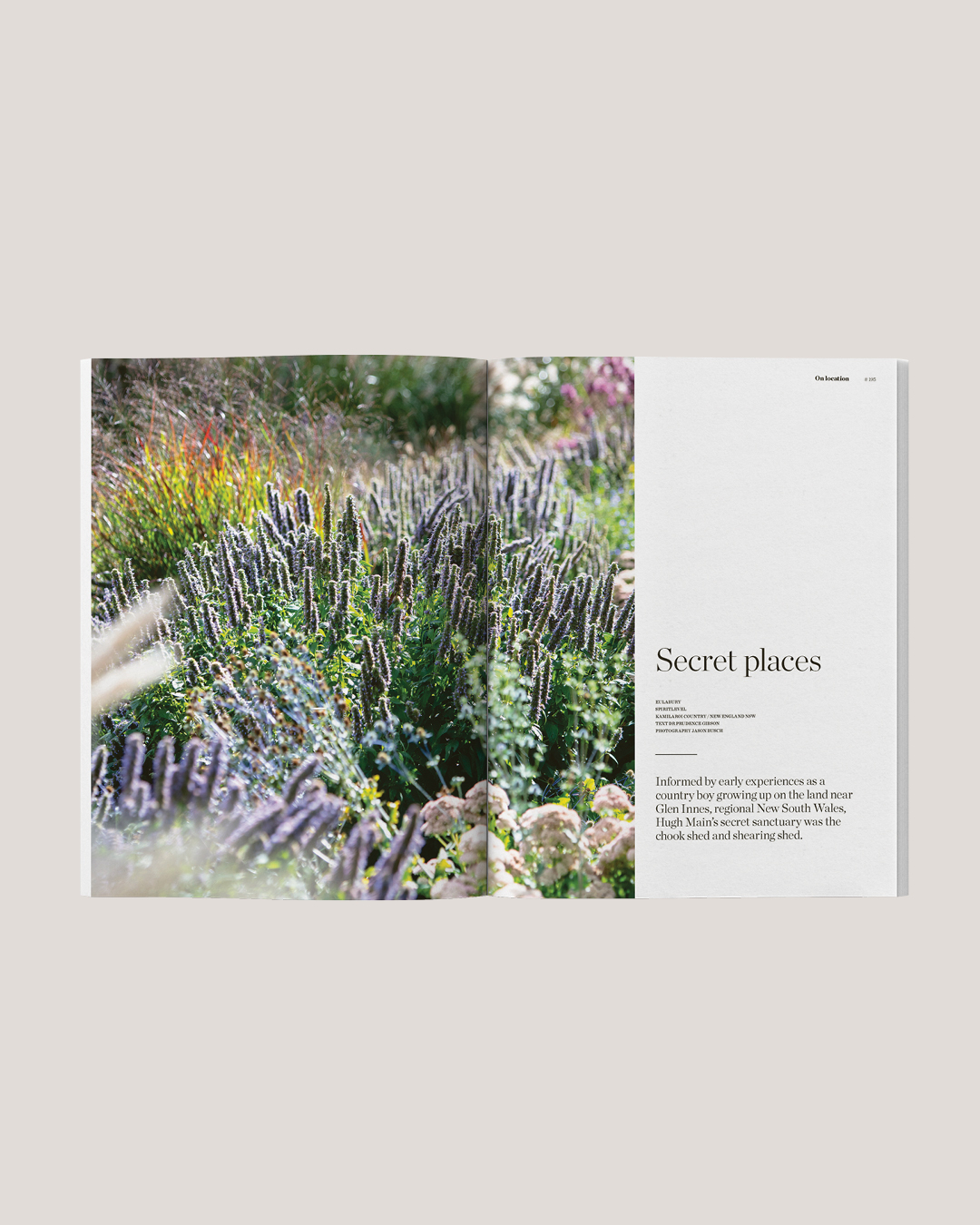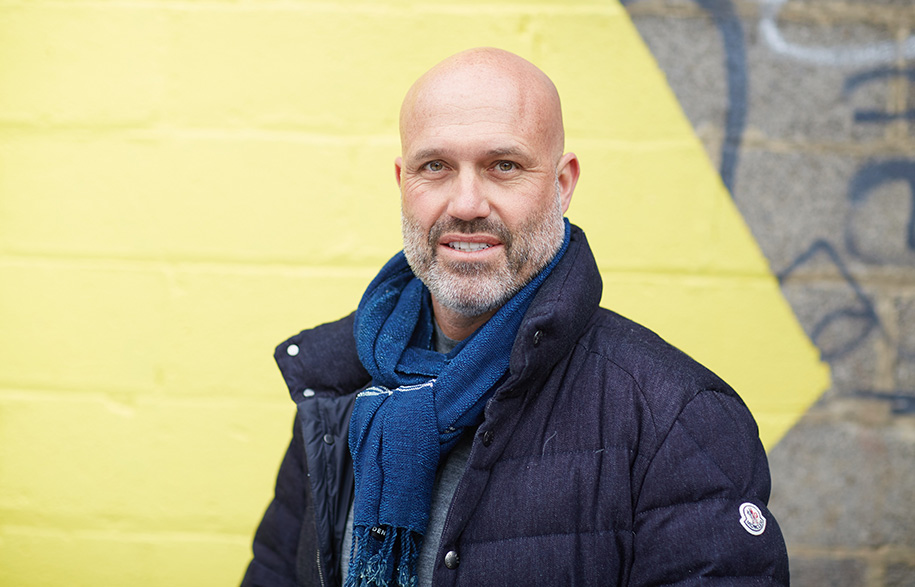James, why did you, after the national success of your Moonlight Cinema concept, and given your interest in meditation and mindfulness decide to align yourself with a property management group?
I came on board as a director and shareholder around seven years ago. I was very hands on in the business for a long period of time, but in the last few years I’ve been less hands on to allow me the do my other things. So now at Neometro I’m involved in site acquisition, joint venture partnerships, I’m involved in marketing, projects like Open Journal and so forth. But I’m no longer into the nitty gritty of performance reviews and the like, the day-to-day.
Mindfulness was thought to be just another trend, but it seems to be panning out as something much more significant.
Mindfulness has hit a high, its penetration as a concept whether understood or misunderstood has reached an incredible level in public consciousness. For me, meditation is a means to cultivate mindfulness. I see mindfulness as an approach to leadership. Being very conscious and very mindful of the individual can be very positive for the culture of an enterprise and ultimately a positive thing from a commercial perspective in terms of helping build more successful businesses which in turn make money. It’s really not such a fluffy idea, much research has gone into the field. We created Smiling Mind to pioneer in the area of mindfulness in business. It’s not just a trend. There is strong, evidence-based belief in the effectiveness of mindfulness – but it all depends on how one goes about it.
Describe to me how you apply those principles to yourself.
Sure! I’m a meditator, and meditation is a way to cultivate mindfulness throughout the day. It’s one thing to meditate and get into a position where you’re very conscious of exactly where your body is, where you are, what you’re hearing and how your emotions are maybe impacting you. And if you sit down and meditate and eventually build up to doing it seven days in a row, that will almost certainly become an asset to you. But for me, the challenge or opportunity is actually in taking that awareness into the day-to-day. I think where that becomes very powerful from a business perspective is that it ultimately it lowers one’s ‘reactivity’ for want of a better word. So instead of lashing out with a knee-jerk response when something goes wrong you can actually integrate the rough and tumble of everyday life in a much more even and subdued way. Mindfulness and meditation are often presented as complex things when in fact I think to have a big impact they don’t need to be hugely complex.
What do you think your impact has been on the business of Neometro?
I’m someone who always seems to be building brands with audiences I relate to. If you asked me to help grow a wood chip company, for instance, I’d be terrible at it. It’s a commodity and I don’t really get it. With Neometro, since I’m personally quite passionate about architecture and design, I could look at what Jeff [Provan] was creating and instinctively go, Well, he’s building apartments that I would like to live in, and so I can understand instinctively how to take that to a larger market to grow the business. I’ve played a role in developing the business, marketing the business and growing the Neometro brand. In terms of how we market projects but also in terms of assets like Open Journal which we use to take some of our advocacy out there to a larger and constantly evolving audience.
It’s extraordinary to me just how ahead of the curve Neometro has been. A 30 year old property development group that has always put good design to the fore, and is leading the market in terms of ecologically sound, economically viable, sustainable urban housing. Is there something in the Melbourne water?
Before a passion for design was a mainstream thing in Australia Neometro was already producing beautifully designed apartments which in many ways prefigured the way will be living in cities in the years to come. In the past 10 years Australia has come a long way in terms of graphic design, industrial design and what we look for an expect at retail. And Neometro has and continues to ride that wave very well. Also, there’s a far more recent shift towards people looking to work with and buy from businesses that have a genuine purpose beyond just making money. I think that resonates with people, they can see that there is a genuine motivation behind what we do, well beyond that of mere profit. Ultimately, we see Neometro as supporting the long-term development of quality apartment living.
Interview by Stephen Todd
NeoMetro
neometro.com.au

